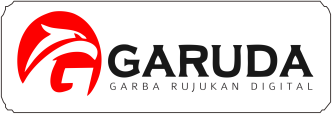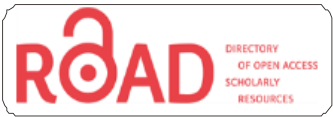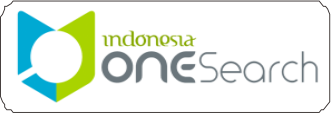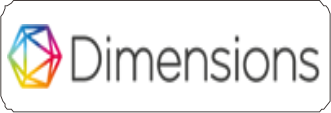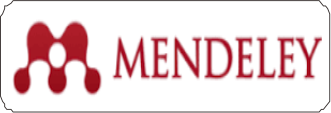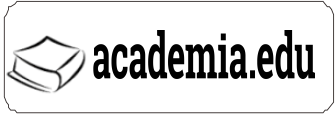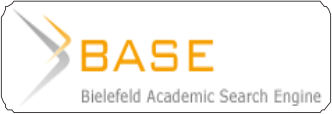Landasan Etika Mahasiswa Dalam Menghadapi Tantangan Era Revolusi 4.0
Abstract
The Industrial Revolution 4.0 era brought significant changes in various aspects of life, including in the world of higher education. Students as agents of change are expected to have a strong ethical foundation to face the challenges they face in this era. This research aims to analyze the ethical foundation that students must have in facing the challenges of the Industrial Revolution Era 4.0. The research method used is literature study by collecting data from various sources such as scientific journals, books, articles and other related documents. The research results show that the ethical foundations of students who are effective in facing the challenges of the Industrial Revolution Era 4.0 include integrity, responsibility, social skills, adaptability, and technological awareness. Integrity refers to strong personal morality and ethics, responsibility involves taking a responsible attitude towards student duties and roles, social skills involve the ability to communicate and collaborate, adaptability involves the ability to adapt to technological changes, and technology awareness involves understanding the ethical implications of new technologies. This research provides a better understanding of the ethical foundations needed by students in facing the challenges of the Industrial Revolution Era 4.0.
References
Anwar, F., & Susanto, H. (2019). Ethical Implications of Artificial Intelligence and IoT in Industry 4.0. Journal of Ethics in Information Technology. 1(2). 15-26.
Aplikasi E-Marketplace Bagi Pengusaha Stainless Berbasis Mobile Di Wilayah Bandar Lampung, 2 Jurnal Teknologi dan Sistem Informasi (JTSI) 15 (2021). http://jim.teknokrat.ac.id/index.php/JTSI
Fadly, M., & Alita, D. (2021). Optimalisasi pemasaran umkm melalui E-MARKETING MENGGUNAKAN MODEL AIDA PADA MISS MOJITO LAMPUNG. 4(3), 416–422.
Fadly, M., & Wantoro, A. (2019). Prosiding Seminar Nasional Darmajaya, 1, 46–55.
Hamdan. (2018). Pengaruh Revolusi Industri pada Kewirausahaan Demi Kemandirian Ekonomi. Jurnal Nusamba, v, 1-8.
Hamzah Ya’kub. (1993). Etika Islam: Pembinaan Akhlakul Karimah, (Suatu Pengantar). Bandung: CV. Diponegoro, 1993. h. 12
Iskandar, B., & Santoso, P. (2018). The Role of Social Responsibility in Shaping Ethical Behavior in the Age of Industry 4.0. Journal of Business Ethics and Social Responsibility. 2(1). 30-42.
Leon, Eric Louhenapessy. (2021). Peran Etika Di Era Revolusi 4.0 Dalam Bidang Pendidikan.Jurnal Sosial dan Sains. 1(7), 552-561
Mandasari, B., & Aminatun, D. (2019). STUDENTS’PERCEPTION ON THEIR PARTICIPATION: WHAT AFFECTS THEIR MOTIVATION TO TAKE PART IN CLASSROOM ACTIVITIES? Premise: Journal of English Education and Applied Linguistics. 8(2). 214–225.
Muhammad Alfan. (2011). Filsafat Etika Islam. Bandung: CV Pustaka Setia. h. 17.
Ningsih, S., & Saniati, S. (2018). Eksperimen Pengenalan Ucapan Aksara Lampung Dengan CMU Sphinx 4. Jurnal Teknoinfo, 12(1), 33–37.
Pratama, D., & Sari, R. (2020). Enhancing Students' Adaptability in Industry 4.0 Era through Digital Literacy Education. International Journal of Education and Development using ICT. 16(3). 168-182.
Rojiko, A. (2017). Industry 4.0 Concept: Background and Overview. ECPE European Center For Power Electronics e. V. Vol. 11. Nuremberg, Germany.
Rosmalasari, T. D. (2017). Analisa Kinerja Keuangan Perusahaan Agroindustri Go Publik Sebelum dan Pada Masa Krisis. Jurnal Ilmiah GEMA EKONOMI, 3(2 Agustus), 393- 400
Ruzika, Hafizha. (2021). Pentingnya Integritas Akademik Stai Aceh Tamiang. Journal of Education and Counseling. Vol. 1, No. 2. 115 – 124
Sagala, S. 2013. Etika & Moralitas Pendidikan: Peluang dan Tantangan. Jakarta: Kencana Prenadamedia Group.
Sari, T. D. R., & Sukmasari, D. (2018). c. Journal of Behavioural Economics, Finance, Entrepreneurship, Accounting and Transport. 6(1), 22–25
Smith, J., & Johnson, L. (2018). Ethical Decision Making in the Age of Industry 4.0. Journal of Ethical Leadership, 2(1), 28-41.
Soraya, A., & Wahyudi, A. D. (2021). Rancang bangun aplikasi penjualan dimsun berbasis web. Teknologi Dan Sistem Informasi (JTSI). 2(4). 43–48.
Surani, D. (2019). Studi literatur: Peran teknolog pendidikan dalam pendidikan 4.0. Prosiding Seminar Nasional Pendidikan FKIP, 2(1), 456–469.
Wibowo, A., & Utomo, I. (2019). Developing Social Skills and Emotional Intelligence for Industry 4.0 Era. International Journal of Human Resources Development and Management. 19(1/2). 45-58.
Wulandari, F., Febriansyah, D., Salwa, & Sulaiman, R. M. (2019). Kepemimpinan Kepala Sekolah di Era Revolusi Industri 4.0 dalam Meningkatkan Akreditasi Sekolah. Prosiding Seminar Nasional Pendidikan Program Pascasarjana Universitas PGRI Palembang, 308–312.
Zhao, Y. & Watterston, J. (2022). The changes we need: Education post COVID-19. Journal of Educational Change 2021 22:1, 22(1), 3–12. https://doi.org/10.1007/S10833-021-09417-3



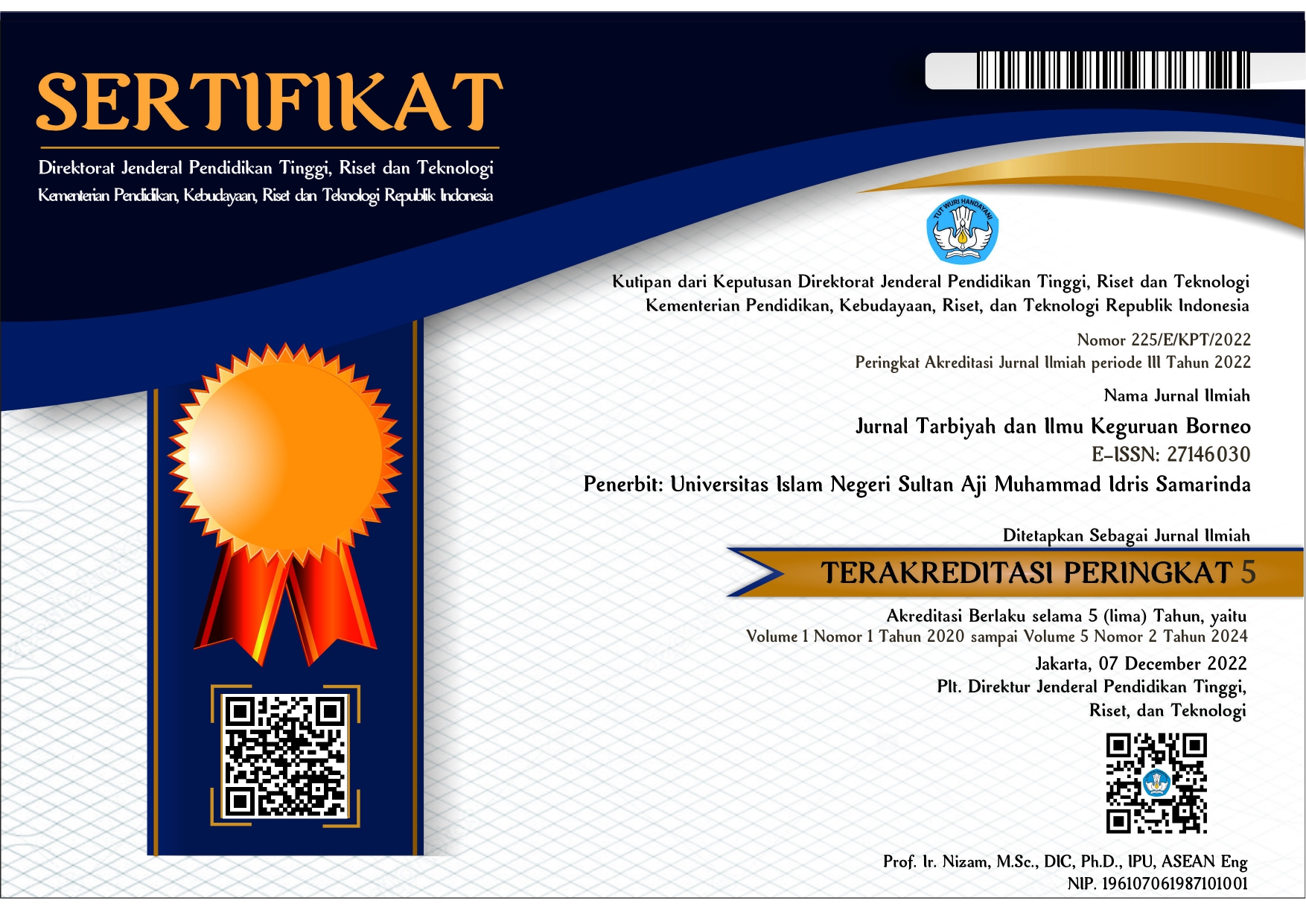

.svg_2.png)






